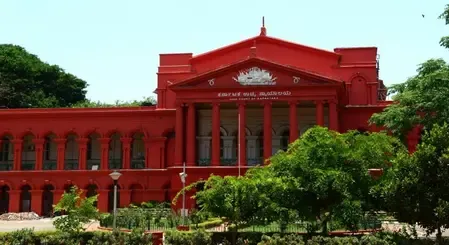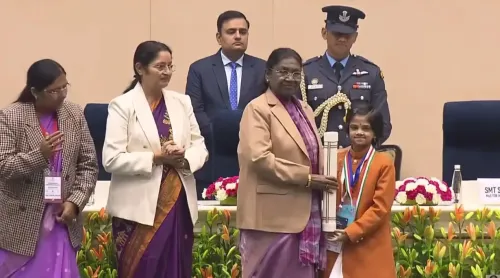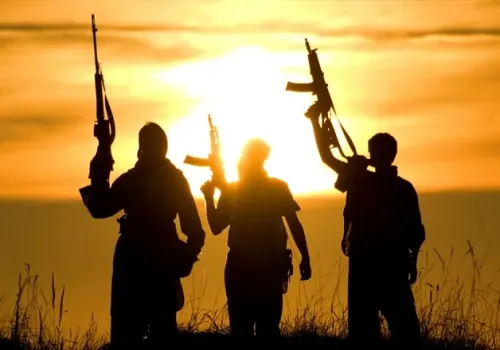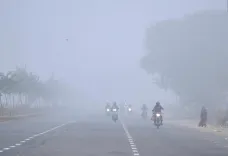Does Karnataka Government Have the Authority to Conduct a Caste Census?

Synopsis
Key Takeaways
- Karnataka's caste census is legally challenged.
- Petitioners argue the state lacks authority.
- Concerns about data privacy are paramount.
- The caste count has increased significantly.
- Political motives behind the census are questioned.
Bengaluru, Sep 23 (NationPress) On Tuesday, the lawyers representing petitioners who are requesting an interim halt on the Socio-Economic and Academic Survey, often referred to as the caste census, argued forcefully in the High Court that the Congress-led government in Karnataka lacks the legal authority to carry out such a census.
The Akhila Bharata Brahmana Mahasabha, Vokkaliga Mahasabha, and other community organizations have filed a PIL seeking to suspend the caste census being conducted by the Backward Classes Commission, an independent entity under the Congress-led state government.
The Division Bench led by Chief Justice Vibhu Bakhru and Justice C.M. Joshi postponed the hearing to August 24 (Wednesday). The arguments from the petitioners' counsel concluded on Tuesday, while senior counsel Abhishek Manu Singhvi will continue on Wednesday.
Senior counsel Prabhuling Navadgi, representing the petitioners, stated, “The state government lacks the authority to survey backward classes. The caste survey is being conducted without legal support. Although the Backward Classes Act exists in Karnataka, the government is executing the caste census illegally. The state is attempting to survey the entire populace, collecting data through a digital application.”
He emphasized that only the President of India can issue notifications concerning backward classes, and only Parliament has the jurisdiction to include castes in the backward classes list.
Navadgi further mentioned that the census employs GPS tagging and electricity meter registration numbers. During the survey, participants must provide Aadhaar information and detailed data about their family heads.
Senior counsel Ashok Harnalli contended that the Constitution classifies the census under the Union List. The Centre has systems to protect statistics gathered during a census, while the state government has not implemented any measures to secure data from this initiative. The Supreme Court has recognized the right to safeguard private data, highlighting the significant risk of information breaches.
Counsel Jayakumar Patil, also representing the petitioners, argued that the state government is executing a census disguised as the Socio-Economic and Academic Survey. “The state is overstepping its bounds. It has no authority to conduct a census yet is enumerating every caste. This effort is politically driven and aimed at upcoming elections,” he claimed.
Senior counsel Vivek Subbareddy noted that in the 2002 notification, there were 800 castes listed, which has now escalated to 1,561. “While our heritage is ancient, the count of castes has not genuinely increased. The government has not clarified the criteria for establishing these new castes,” he remarked.
He further claimed that there is a designated Act for executing a caste census, and the state has not been granted such authority under it.
“The state has arbitrarily formed new religious castes such as Banajiga Christian, Besta Christian, and others. This results in the addition of 35 to 40 newly recognized castes. One principal caste is being subdivided into many sub-castes, which are then listed independently in the census. The government is allocating Rs 450 crore for this initiative after previously discarding a caste census report that cost over Rs 150 crore. There are already separate commissions for SCs, STs, and backward classes. This undertaking is politically motivated. Historically, castes have never been merged with other religions,” counsel Subbareddy asserted.










